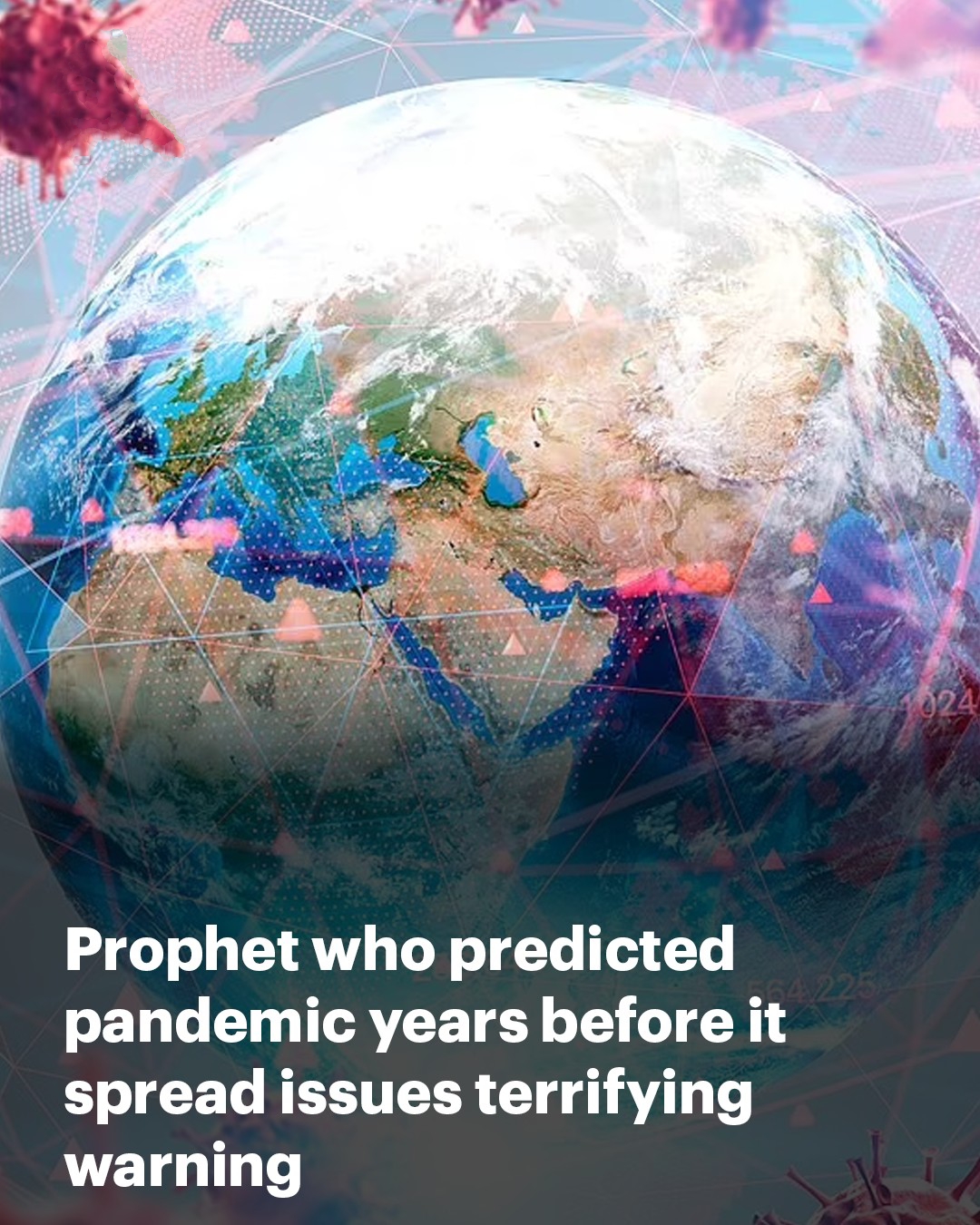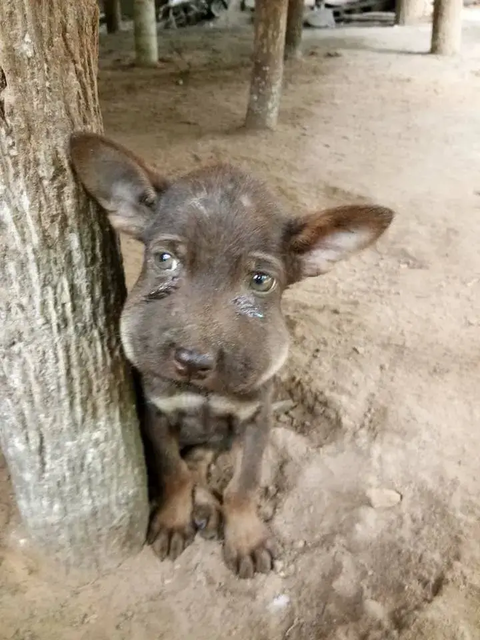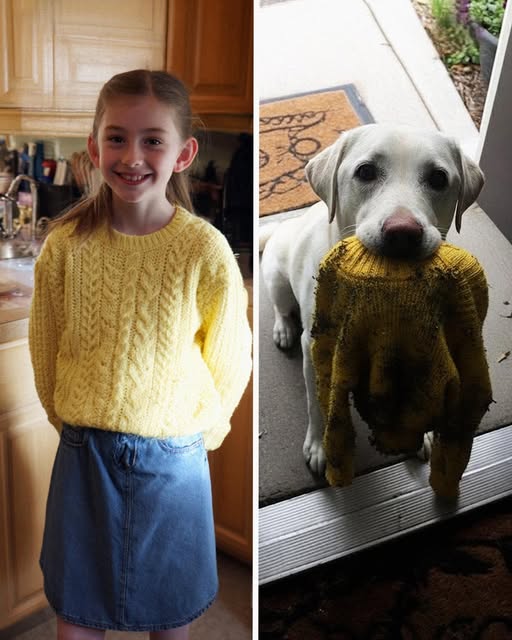Science writer David Quammen has long been credited with predicting the Covid-19 outbreak seven years before the pandemic swept the globe.
After interviewing renowned virology and epidemiology experts, he published his book Spillover: Animal Infections and the Next Human Pandemic in 2012.
In it he warned the world’s next pandemic would likely come from a coronavirus spilled over from a wild animal in a wet market – possibly in China. He was spot on.
Speaking exclusively, Quammen said he is becoming increasingly nervous about the ‘next big one,’ which may already be spreading further and faster than experts know.
Bird flu, he claims, poses the biggest risk of becoming the next pandemic – and other public health experts have warned the US is staring down the barrel of another pandemic as the virus flu spirals out of control on farms.
The H5N1 outbreak has affected more than 1,000 dairy cow herds, 168 million poultry and resulted in more than 70 human cases, including the first confirmed death.
Mr Quammen told this website: ‘I have high concerns about bird flu. If you’re going to make a prediction about what would be the next big one now, a scientist would probably say, well, bird flu has the best chance of being our next pandemic virus.
‘But there’s always a lot of randomness built into this because these viruses have high mutation rates and mutation is basically a random process.’
In New York, employees clean cages and take chickens to be slaughtered after an outbreak of bird flu in February
However, he added if these random mutations cause H5N1 bird flu to not only infect humans but also easily transmit from person to person, then the variation would be ‘an extremely dangerous’ virus.
Mr Quammen continued: ‘Just the way the Covid virus went from being a rare virus to being a virus in humans and in wildlife all over the planet, that could happen starting tomorrow with bird flu.’
The H5N1 strain of bird flu was first detected in the US in 2022 and has also been confirmed among cats, raccoons, skunks, wild dogs, bears and dolphins.
Human cases can be traced back to contact with infected animals and there is currently no evidence of person-to-person transmission.
The CDC has insisted the risk of bird flu to people remains low but experts caution that mutations and reassortments — when two viruses simultaneously infect a host and exchange genetic material — could raise the risk of it occurring.
Mr Quammen told the Daily Mail he was concerned about several viruses, including H5N1, malaria and Ebola
The Global Virus Network (GVN) is now urging world governments to confront the threat of H5N1 avian influenza by strengthening surveillance efforts and enforcing stricter biosecurity protocols.
The organization also warns that countries must prepare for the possibility of human-to-human spread to avoid a chaotic chain of events reminiscent of the early days of the COVID-19 pandemic.
However, given the variability and unpredictable nature of viruses, Mr Quammen said there is a possibility a global pandemic may never happen.
But he stressed betting on this outcome is like gambling on a roulette wheel.
He told: ‘It might take four or five mutations of just the right combination to do that, and each of those mutations is a highly improbable event. And the combination of the right four or five is therefore an even more improbable event.’
It is the same as roulette, he explained. The odds of a roulette ball landing on the number and color you bet on are extremely low, and the odds of two roulette balls landing on two numbers and colors you choose are even lower.
But, he warned, if you spin the wheel millions and millions of times, the odds of the balls landing in the right spots go up.
‘And if you spin the wheel a billion times, eventually it will happen,’ he added.
The GVN is now calling on world governments to address the threat of H5N1 avian influenza by improving surveillance and implementing biosecurity measures
Pictured above are cows that died after being infected with bird flu in California in 2024
Mr Quammen continued: ‘Now, what’s happening with bird flu right now is we are spinning the wheel billions and billions of times because this virus is replicating itself by the billions in each individual bird that it infects – probably every day.
‘My sense is this virus is replicating itself around the world continually right now, in millions of wild birds, in probably millions of chickens and in quite a few cows and other mammals.
‘All of those replications, each individual viral replication in each animal, is a spin of the roulette wheel.
‘I’m not saying it’s a certainty that bird flu will be our next pandemic; I’m just saying that it’s a very very distinct possibility.’
The first US bird flu death was reported in January, with a person in Louisiana passing away after being hospitalized with severe respiratory symptoms.
Health officials said the person was older than 65, had underlying medical problems and had been in contact with sick and dead birds in a backyard flock.
No other details were revealed, but they said a genetic analysis of the patient’s infection suggested the bird flu virus had mutated while inside their body, which could have caused a more severe illness.
Since March 2024, 70 confirmed bird flu infections have been reported in the US, but most illnesses have been mild and most have been detected among farmworkers directly exposed to sick poultry or dairy cows.
In two cases – an adult in Missouri and a child in California – however, health officials have not determined how they contracted the virus.
And while nearly all human cases have been traced back to contact with infected animals, bird flu has been detected in milk in American grocery stores, which makes Mr Quammen ‘absolutely’ worried about food safety and public health implications.
Not only are there 34billion chickens in the world at risk of being infected with bird flu, along with consumers eating their meat or eggs, but there is also a risk of farm workers handling infected birds, contracting the virus and then passing it to other humans.
He said the massive industrial agriculture and unsanitary conditions of meat farms and factories ‘are petri dishes for the evolution of viruses’.
In Mr Quammen’s 2012 book, he and experts predicted the next pandemic would come from a novel coronavirus
Quammen added: ‘These mass industrial scale animal husbandry operations are dangerous for everybody, and not just the people who buy their poultry or their pork from those operations.
‘It’s not just the fact that we have 8billion humans on this planet. It’s the fact that we have 8billion humans and a large portion of those humans live in circumstances that allow them to buy a lot of animal protein.’
No matter where the next pandemic may come from, Mr Quammen said humans play a major role in either preventing or causing it.
Climate change, excess consumption, over population, over crowding and unsanitary living conditions all contribute to viral outbreaks.
Mr Quammen said: ‘It’s not just sheer numbers of the human population that’s causing the problem. It’s population size multiplied by consumption.
‘And that’s causing two things. It’s causing disruption of wild ecosystems where a lot of these viruses live in wild animals minding their own business, and as we disrupt those ecosystems we give those viruses the opportunity to get into us to spill into humans.
‘And that’s an opportunity that is like winning the sweepstakes for the [viruses] because it gives them an extremely successful global virus.’
Additionally, Mr Quammen said the ‘factory scale’ production of animals for consumption is a major risk factor.’
‘We are also producing animal protein in domestic animals on a factory scale, with high concentrations of animals, hundreds of thousands of pigs, millions of chickens, crowded together on one farm or in one building,’ he explained.
To avoid a pandemic, Mr Quammen stressed stricter climate change protocols and focusing on a less meat-heavy diet could make a major difference.
‘Think twice about how much animal protein you buy and where you buy it,’ he said.
Mr Quammen also advised people ‘think twice about having children and think twice about how many children you have and how much you add to the human population on this planet.’



